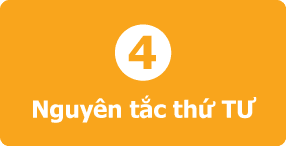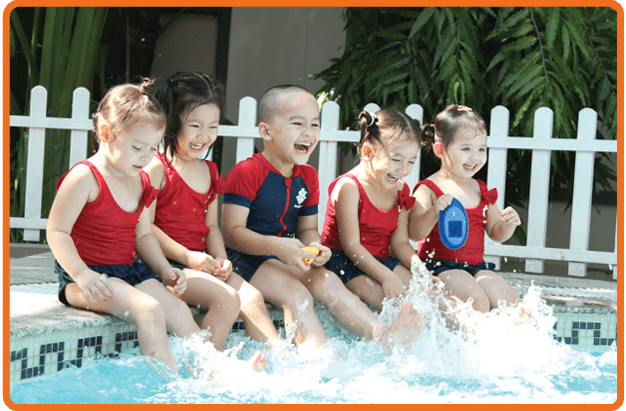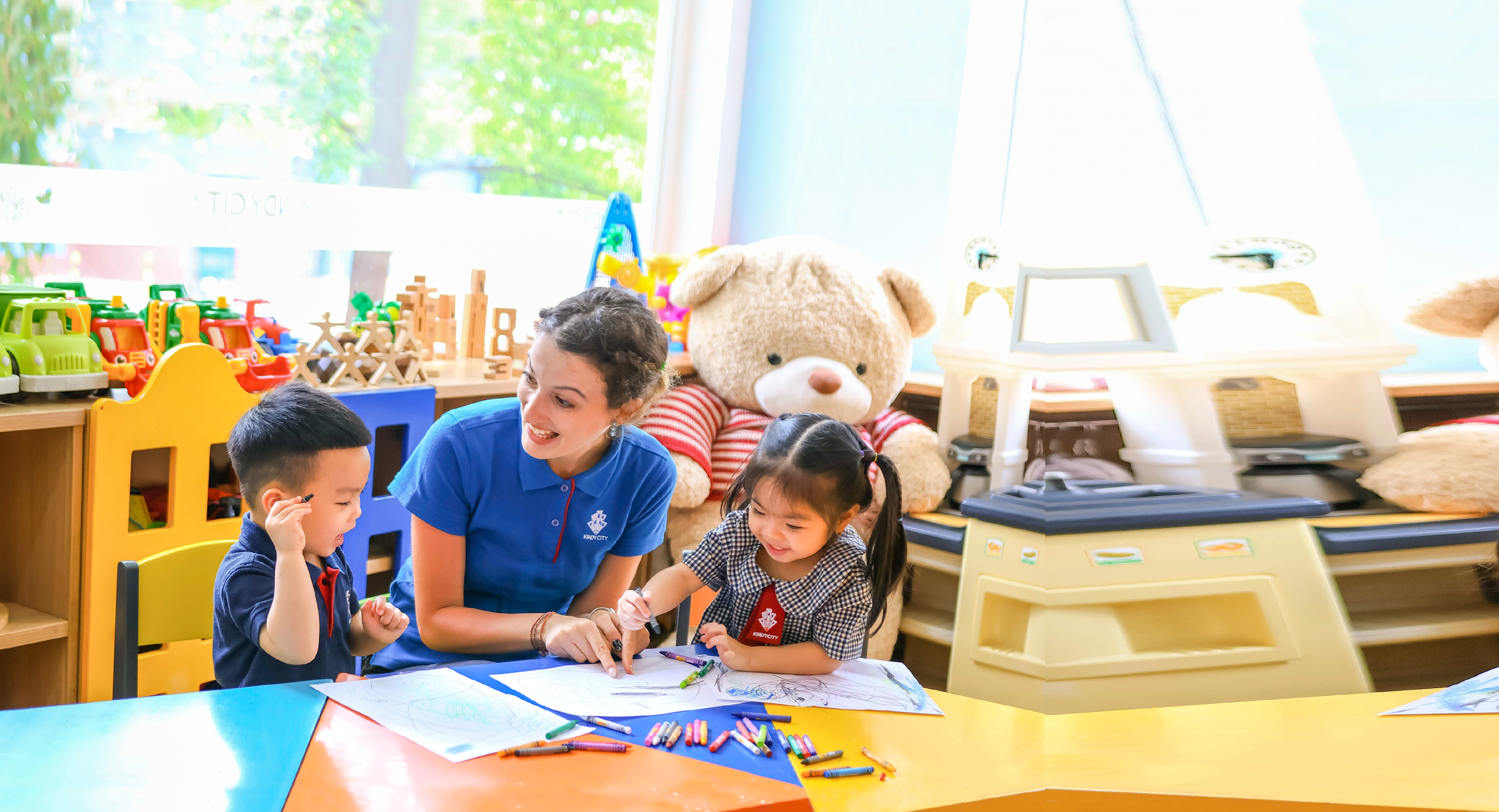SCHOOL MISSION & VISION
SCHOOL MISSION
• Kindy City’s mission is to bring a safe and friendly environment with effective learning which includes respecting the unique characteristics of 3 to 5 year old children in order for them to become young enthusiastic learners, as well as to know how to learn and to behave.
They will be able to enter Year ONE of any international or national primary school system with confidence and ease, also they will have the skills to continue to develop their school levels that follow immediately and throughout their lives.
SCHOOL VISION
• In 5 years time, KINDY CITY will not only become a strong and effective Kindergarten system with perfect teaching and caring quality which completely satisfies all parents’ needs and increasing expectation, Kindy city will be the first choice for all parents who have children of preschool age.
















